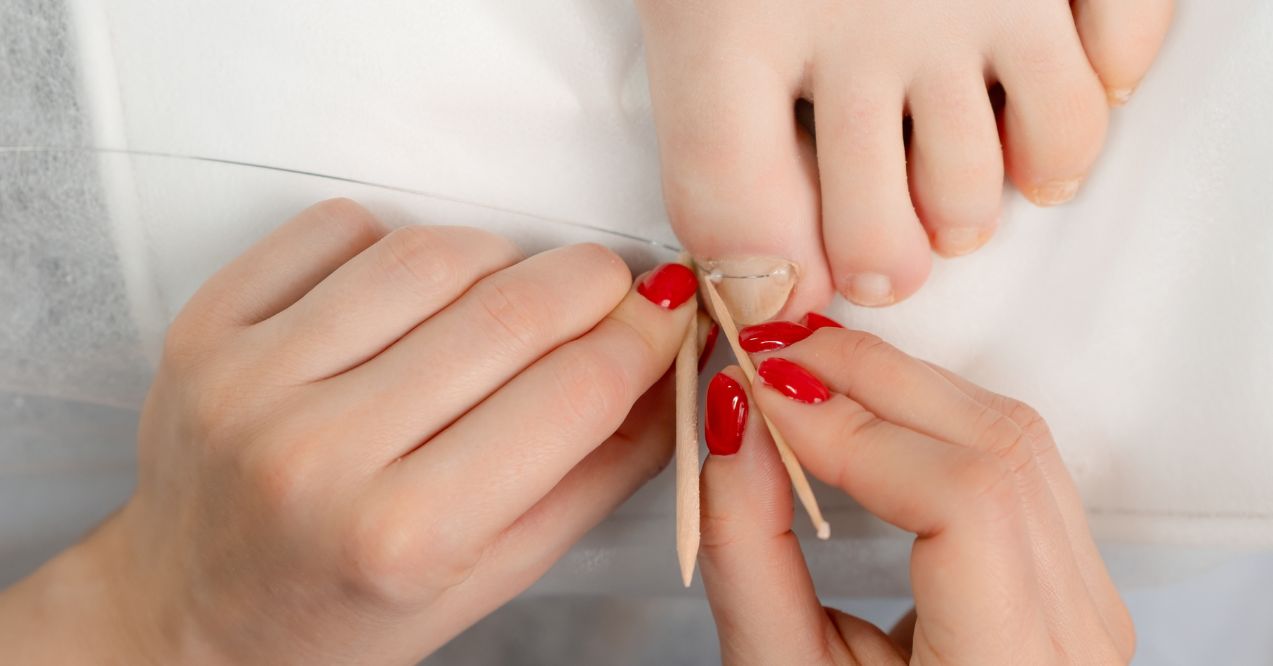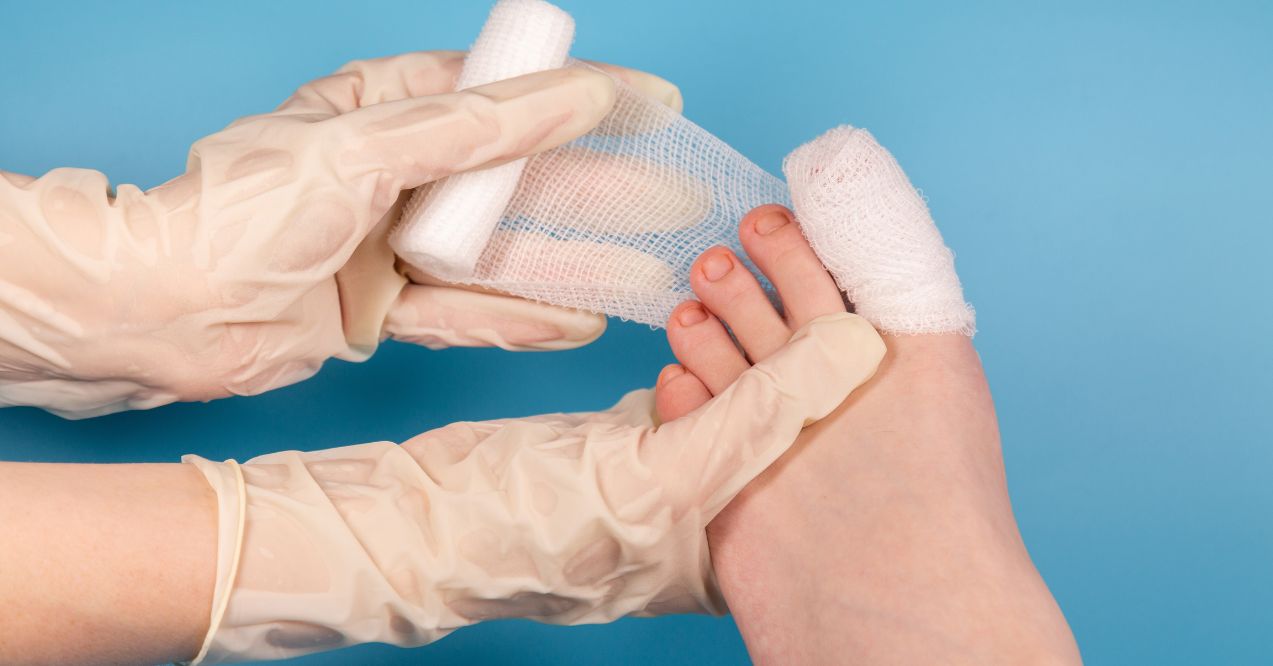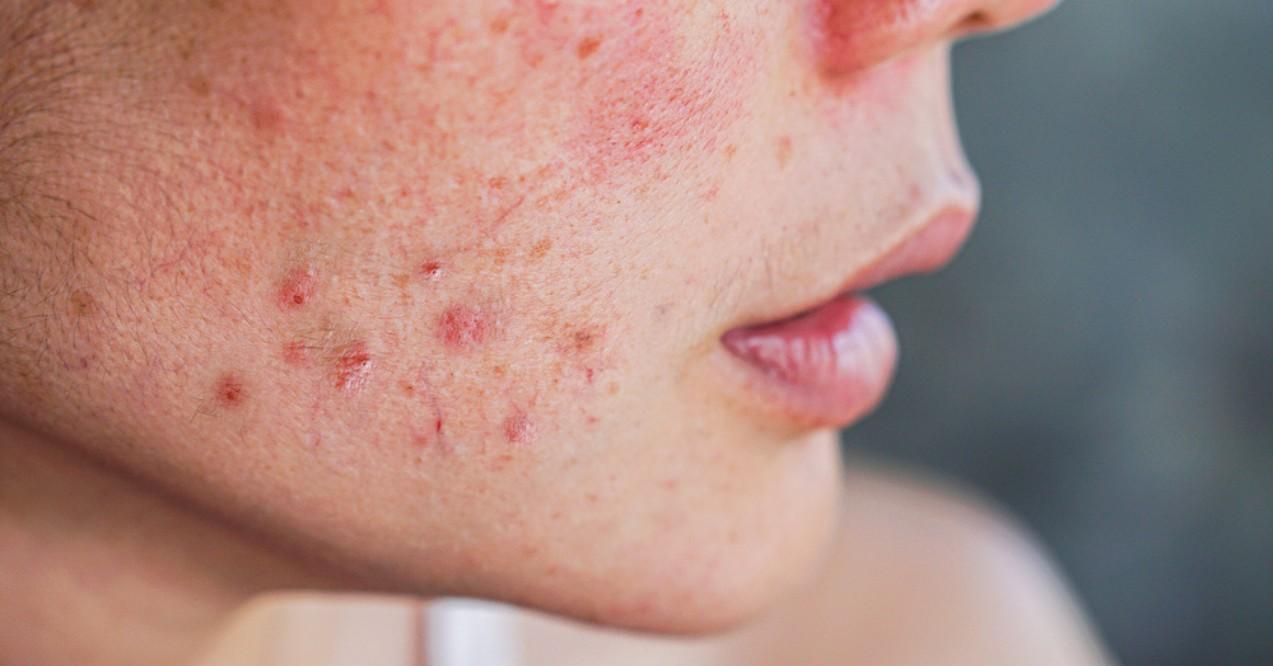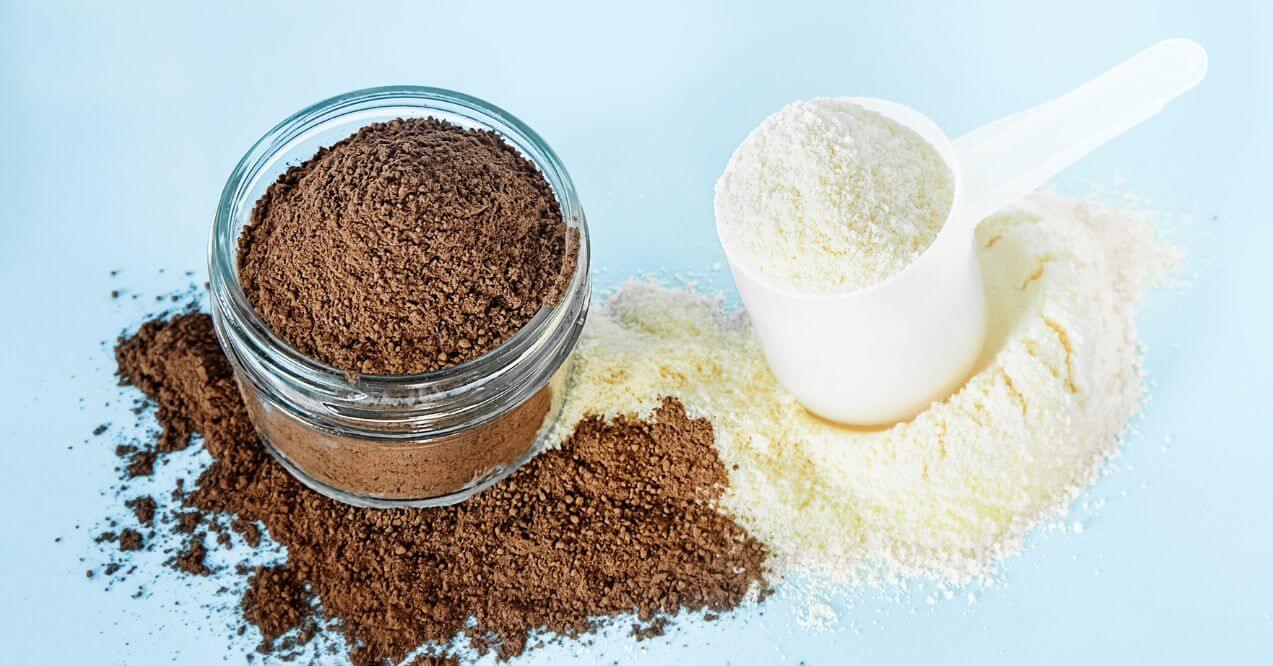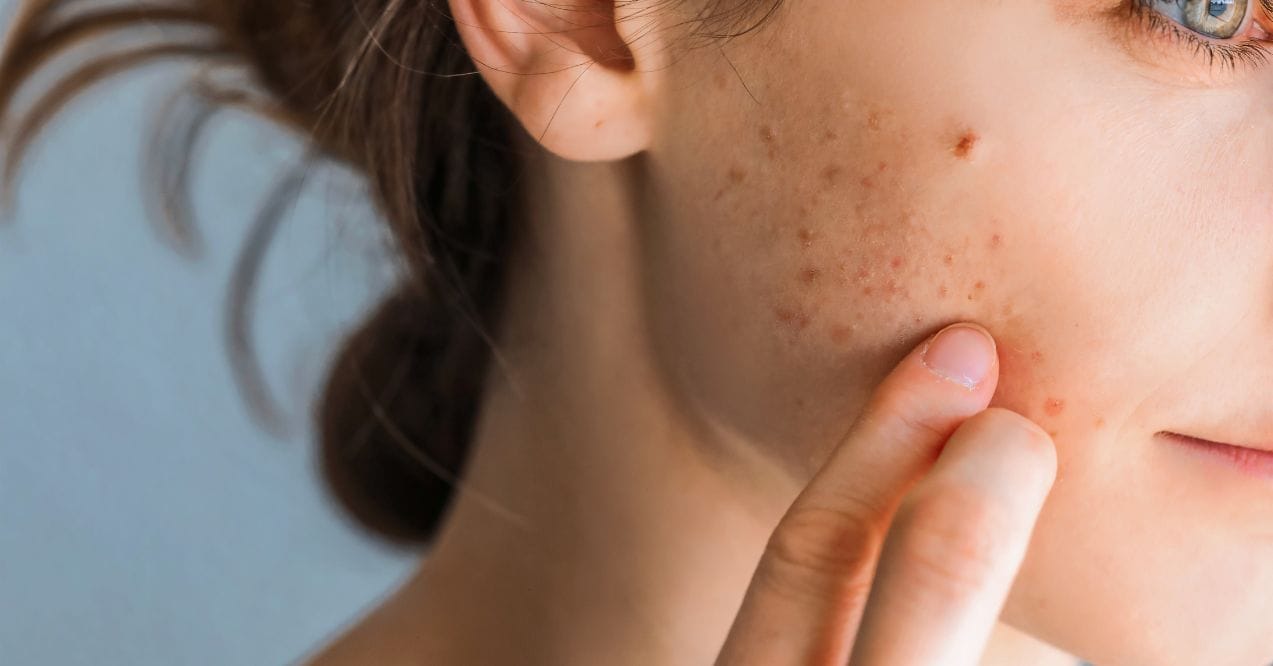How to Fix Stunted Hair Growth? 4 Effective Tips
Learn how to fix stunted hair growth and find practical solutions for healthier locks.


If you’re wondering how to fix stunted hair growth, you’re not alone. You’re probably a part of a vast group seeking answers in the US, where over 80 million people face hair loss and growth issues. This blog cuts through the complexity, offering clear, actionable strategies to kickstart your hair growth. We’ll dive into the root causes, from genetics to lifestyle, and map out a path to lush, healthy locks.
Discover the power of specific oils, the right hair care products for your needs, essential lifestyle tweaks, and the signal to seek professional guidance. Embark on a journey to transform your hair into the envy-worthy mane you deserve.
Why Is My Hair Not Growing?
To understand how to fix stunted hair growth, it’s beneficial to look at the various factors that influence hair health. Here’s a breakdown without diving into internal vs. external reasons, focusing instead on practical factors and solutions:
- Genetics. Hair traits like thickness, growth rate, and texture are often inherited. While you can’t change your genetics, understanding this can help set realistic expectations for your hair growth journey.
- Hormonal fluctuations. Changes during pregnancy, menopause, or due to conditions like thyroid disorders affect hair growth. Consulting with a healthcare provider and including the best herbs for thyroid may help manage these changes.
- Nutritional deficiencies. Insufficient iron, vitamin D, and protein can weaken hair and slow growth.
- Hair care practices. Excessive styling and heat exposure can lead to breakage and damage. Harsh chemical treatments can weaken the hair shaft too.
By addressing these factors, you can take steps towards promoting healthier hair growth. Remember, patience and consistency with these strategies are key.
As a bonus, here’s a resource that discusses the growth factors: What Are the Most Important Factors Influencing Hair Growth?
How to Fix Stunted Hair Growth?
So, how to fix stunted hair growth? In short, addressing stunted hair growth requires a multifaceted approach, combining regular hair care practices, potential medical interventions, and lifestyle adjustments. However, it is important to note that understanding how long it takes for hair to grow back is also crucial; it is impossible to revitalize and regrow your hair overnight.
Nevertheless, for those who are wondering how to stop hair loss and regrow hair naturally, here are various solutions and strategies that can make a significant difference:
1. Scalp Massage
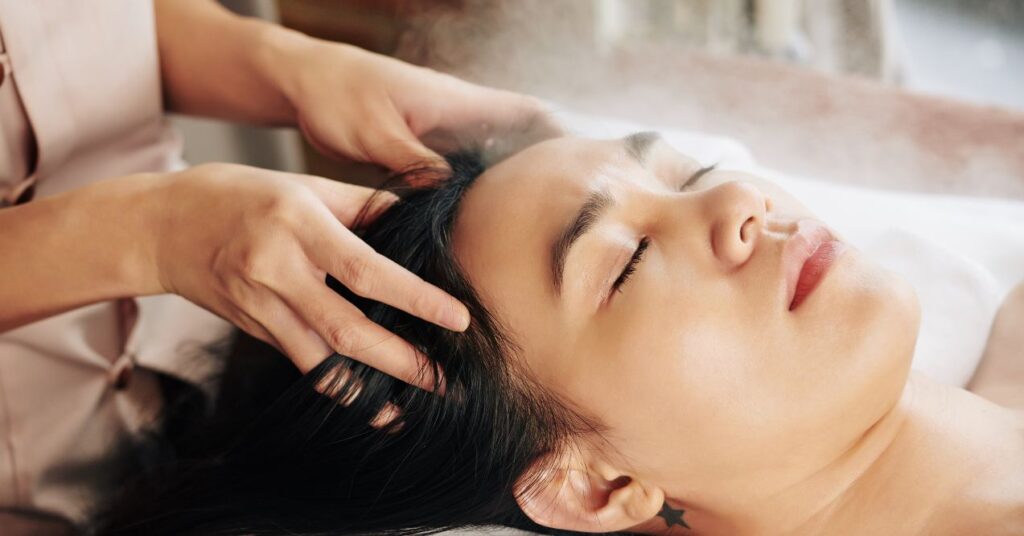
For those who wonder how to fix stunted hair growth, scalp massage is a simple yet effective technique that can promote hair growth. The gentle pressure and manipulation of the scalp can enhance blood circulation, providing hair follicles with the necessary nutrients and oxygen to thrive. Here’s how to perform a scalp massage effectively:
- Warm-up your fingers by rubbing them together or by using a natural oil (e.g., coconut or jojoba oil) to ease the process.
- Start at the base of your scalp and use your fingertips to apply gentle pressure in a circular motion, gradually covering the entire scalp area.
- Spend extra time on areas where you feel tension to help release it, as stress can also contribute to hair problems.
- Incorporate scalp massage into your daily routine, dedicating at least 5-10 minutes each day for best results.
- Consistent scalp massage not only nurtures your hair roots but also aids in stress reduction, further supporting your hair growth journey.
2. Medical Procedures
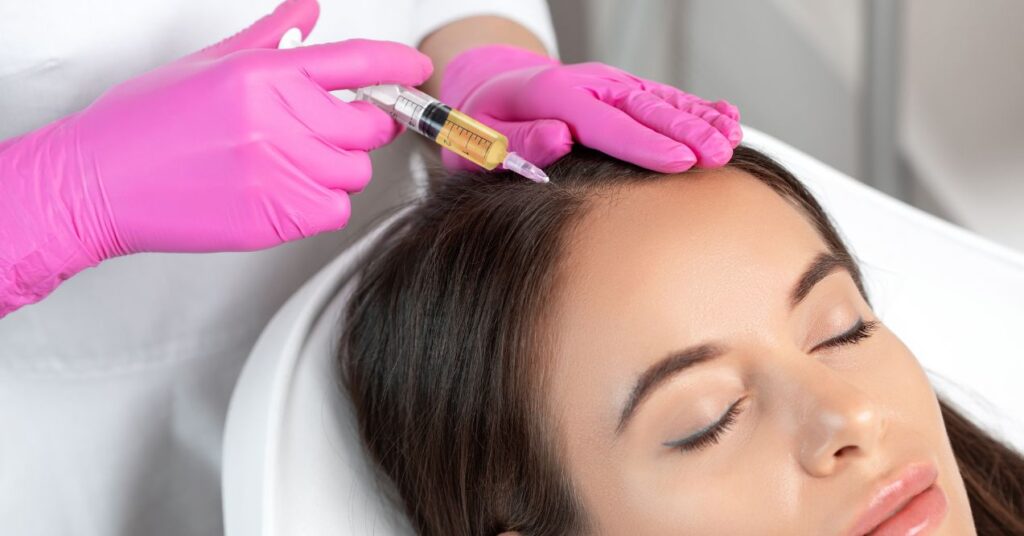
For individuals experiencing stunted hair growth, various medical procedures can also offer solutions to address underlying factors hindering hair growth:
- PRP Therapy – Platelet-Rich Plasma therapy involves injecting your own platelets into the scalp to stimulate hair growth. It’s praised for its natural approach, although multiple sessions may be required.
- Laser Therapy – Low-level laser therapy can rejuvenate hair follicles by stimulating cellular activity. It’s a non-invasive option that suits many, but effectiveness varies.
- Hair Transplants – In severe cases, hair transplant surgery might be considered. It involves moving hair from one part of the scalp to another and can offer dramatic results.
However, before opting for any medical procedure, it is advisable to consult with a healthcare professional to understand the potential risks and benefits.
3. Supplements

Supplements can be key in tackling stunted hair growth. They fill our dietary gaps, ensuring our hair follicles get the essential nutrients for better growth and health.
The effectiveness of supplements comes from their ability to deliver concentrated doses of hair-boosting vitamins, minerals, and nutrients. For instance, biotin enhances keratin production, which strengthens hair, while vitamin D and omega-3 fatty acids contribute to increased hair density and improved scalp wellness. These targeted nutrients are vital for fostering a healthy environment for hair growth, making them some of the best supplements for skin and beauty.
Additionally, it’s important to recognize the signs of nutrient deficiencies that can affect hair health. One common deficiency that impacts hair and overall health is iron deficiency. Recognizing the 15 signs you are iron deficient also can be a critical step in addressing hair health issues. These signs include fatigue, pale skin, shortness of breath, and, notably, hair loss. By identifying these symptoms early, individuals can take the necessary steps, including supplementation, to restore iron levels and support healthier hair growth.
4. Herbal Remedies

Natural remedies and herbs offer a holistic approach to encouraging hair growth:
- Rosemary Oil – Known to stimulate hair growth as effectively as minoxidil.
- Peppermint Oil – Its menthol content improves blood circulation to the scalp.
- Saw Palmetto – Believed to block DHT, a hormone associated with hair loss.
When using herbal remedies, thorough research and healthcare consultation are essential to avoid interactions with medications or experiencing side effects.
Combining these strategies with patience and consistency can lead to significant improvements in hair health and growth. Remember, the journey to overcoming stunted hair growth is unique for everyone, and what works for one person may not for another.
Oils for Stunted Hair Growth
Oils play a pivotal role in combating stunted hair growth, offering a natural and effective means to nourish the scalp, strengthen hair strands, and promote overall hair health. Their rich composition of vitamins, minerals, and fatty acids addresses various issues that contribute to hair growth challenges. Among the plethora of options, coconut oil, argan oil, and castor oil stand out for their exceptional benefits.
Coconut oil is lauded for its ability to penetrate the hair shaft, reducing protein loss and shielding hair from environmental damage. Argan oil, often referred to as ‘liquid gold,’ is rich in antioxidants and vitamin E, making it perfect for hydrating the hair and improving its elasticity. Castor oil contains ricinoleic acid, which promotes scalp health and supports natural hair growth.
Incorporating these oils into your hair care routine can be simple yet profoundly effective. Begin by warming the oil slightly to enhance its penetration. Massage it gently into the scalp and through the length of your hair. For best results, leave it on for at least an hour or overnight before washing it out with a gentle shampoo. Regular use of these oils can significantly contribute to overcoming stunted hair growth, leading to stronger, healthier, and more vibrant hair.
Using Hair Care Products for Stunted Hair Growth

Selecting the right hair care products is crucial for promoting healthy hair growth and addressing stunted hair growth. The products you use directly impact the health of your hair and scalp, making it essential to choose formulations that are gentle, nourishing, and free of harsh chemicals.
When it comes to shampoos, opt for sulfate-free options. Sulfates are detergents that can strip your hair of its natural oils, leading to dryness and brittleness. Instead, look for shampoos enriched with vitamins and natural moisturizers like aloe vera or shea butter, which cleanse gently while providing essential hydration.
Conditioners also play a pivotal role in maintaining the health of your hair, especially if you’re dealing with stunted growth. They help to replenish moisture, improve hair texture, and reduce breakage. Look for conditioners with natural oils and proteins that strengthen hair without weighing it down.
However, a common concern is: can conditioner cause hair loss? The answer largely depends on the ingredients and how you use the product. Conditioners meant for the hair shaft should not be applied directly to the scalp, as this can lead to buildup that might affect hair health. Always follow product usage instructions and choose formulations that match your hair type.
Styling products should also be chosen with care. Avoid those containing alcohol, parabens, and silicones, which can dry out and damage hair over time. Instead, seek out natural or organic styling products that offer hold and shine without compromising your hair’s integrity.
Incorporating these recommendations into your hair care routine can significantly impact the health and growth of your hair. Remember, the key to overcoming stunted hair growth lies in consistent care with products that nourish and protect, leading to stronger, healthier, and longer hair over time.
What Lifestyle Changes Can I Make To Boost Hair Growth?
The health of your hair is a reflection of your overall well-being, indicating that lifestyle factors play a significant role in promoting or hindering hair growth. Making conscious lifestyle adjustments can pave the way for not only healthier hair but also a healthier you.
- Diet is fundamental. Hair thrives on a nourishing blend of vitamins and minerals. Incorporate a balanced diet rich in vitamin E, iron, zinc, and omega-3 fatty acids, found in nuts, seeds, leafy greens, fish, and lean meats. These nutrients support the hair growth cycle and contribute to the strength and shine of your hair. Additionally, examining the potential effects of energy drinks and hair loss can be crucial, as some ingredients in these beverages might influence your hair health negatively.
- Stress is a known antagonist of hair growth, potentially leading to conditions like telogen effluvium, where hair falls out after a stressful event. Engaging in stress-reduction techniques such as meditation, yoga, or regular exercise can mitigate this impact and encourage healthier hair growth.
- Sleep plays a pivotal role in the regenerative processes of the body, including hair growth. Ensuring you get adequate, quality sleep each night helps normalize growth hormones, contributing to overall hair health.
Embracing these lifestyle changes offers a holistic approach to enhancing hair growth. By prioritizing your overall well-being, you create an environment conducive to healthy hair, underscoring the interconnectedness of body health and hair vitality.
When to See a Doctor?
While many cases of stunted hair growth can be addressed through lifestyle changes, hair care adjustments, and natural remedies, certain situations necessitate professional medical advice. Recognizing when to seek help from a healthcare provider or dermatologist is crucial in identifying and treating underlying causes that may be impacting your hair health.
It’s appropriate to consult a doctor if you experience sudden or significant hair loss. While it’s normal to shed between 50 to 100 hairs a day, a noticeable increase in hair fall or thinning patches can signal underlying health issues. Scalp inflammation, characterized by redness, itching, or flaking, can also indicate conditions like dermatitis or psoriasis that require medical attention. Additionally, changes in hair texture or growth patterns may be symptomatic of hormonal imbalances. Conditions such as thyroid disorders, polycystic ovary syndrome (PCOS), or hormonal shifts post-pregnancy can all affect hair growth.
Persistent or severe hair growth issues, despite trying over-the-counter treatments or lifestyle adjustments, warrant a professional evaluation. A dermatologist can provide a comprehensive assessment, potentially recommending blood tests to check for nutritional deficiencies, hormonal imbalances, or other health concerns.
Conclusion
By embracing these strategies with patience and consistency, you can effectively address stunted hair growth and embark on a journey towards healthier, more vibrant hair.
If your hair isn’t growing, you might be lacking essential nutrients like vitamins D, E, iron, and omega-3 fatty acids. Protein deficiency can also affect hair growth. Additionally, inadequate hydration and not getting enough overall calories can hinder hair health.
On average, hair grows about 1 to 1.5 centimeters per month. Therefore, it typically takes around two-thirds to one month for 1 cm of hair growth.
To speed up hair growth, ensure a nutrient-rich diet, reduce stress, and maintain a healthy scalp environment. Regular scalp massages and avoiding harsh hair treatments can also promote growth.
Advertisement. This site offers health, wellness, fitness and nutritional information and is designed for educational purposes only. You should not rely on this information as a substitute for, nor does it replace, professional medical advice, diagnosis, or treatment. If you have any concerns or questions about your health, you should always consult with a physician or other health-care professional. Do not disregard, avoid or delay obtaining medical or health related advice from your health-care professional because of something you May have read on this site. The use of any information provided on this site is solely at your own risk.
Nothing stated or posted on this site or available through any services are intended to be, and must not be taken to be, the practice of medical or counseling care. For purposes of this agreement, the practice of medicine and counseling includes, without limitation, psychiatry, psychology, psychotherapy, or providing health care treatment, instructions, diagnosis, prognosis or advice.
Sign up for our Healthy Living newsletter!
Advertisement. This site offers health, wellness, fitness and nutritional information and is designed for educational purposes only. You should not rely on this information as a substitute for, nor does it replace, professional medical advice, diagnosis, or treatment. If you have any concerns or questions about your health, you should always consult with a physician or other health-care professional. Do not disregard, avoid or delay obtaining medical or health related advice from your health-care professional because of something you may have read on this site. The use of any information provided on this site is solely at your own risk.



